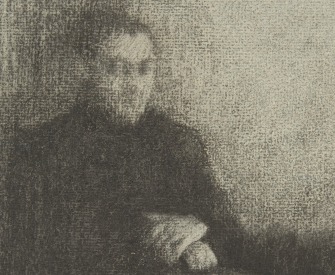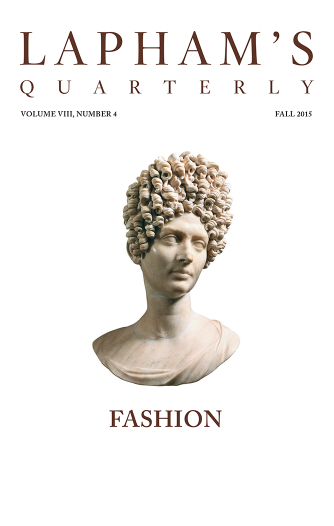Sir,
Your grace’s displeasure and my imprisonment are things so strange unto me that what to write, or what to excuse, I am altogether ignorant. Whereas you send to me (willing me to confess a truth, and so obtain your favor) by such a one whom you know to be mine ancient professed enemy. I no sooner received this message by him than I rightly conceived your meaning; and if, as you say, confessing a truth indeed may procure my safety, I shall, with all willingness and duty, perform your command.
But let not your grace ever imagine that your poor wife will ever be brought to acknowledge a fault where not so much as a thought ever proceeded; and to speak a truth, never a prince had wife more loyal, in all duty and in all true affection, than you have ever found in Anne Boleyn, with which name and place I could have willingly have contented myself if God and your grace’s pleasure had so been pleased. Try me, good king; but let me have a lawful trial, and let not my sworn enemies sit as my accusers and as my judges; yea, let me receive an open trial, for my truth shall fear no open shames; that shall you see either my innocence cleared, your suspicion and conscience satisfied, the ignominy and slander of the world stopped, or my guilt openly declared. So that, whatever God and you may determine of, your grace may be freed from an open censure, and mine offense being so lawfully proved, your grace may be at liberty both before God and man, not only to execute worthy punishment on me as an unfaithful wife but to follow your affection already settled on that party for whose sake I am now as I am, whose name I could, some good while since, have pointed unto, your grace not being ignorant of my suspicion therein.
But if you have already determined of me, and that not only my death but an infamous slander must bring you the joy of your desired happiness, then I desire of God that he will pardon your great sin herein, and likewise my enemies, the instruments thereof, and that he will not call you to a straight account for your unprincely and cruel usage of me at his general judgment seat, where both you and myself must shortly appear; and in whose just judgment I doubt not (whatsoever the world may think of me) mine innocency shall be openly known and sufficiently cleared.
My last and only request shall be that myself may only bear the burden of your grace’s displeasure, and that it may not touch the innocent souls of those poor gentlemen whom, as I understand, are in strict imprisonment for my sake. If ever I have found favor in your sight—if ever the name of Anne Boleyn have been pleasing in your ears—then let me obtain this request, and so will I leave to trouble your grace any farther with mine earnest prayer to the Trinity, to have your grace in his good keeping, and to direct you in all your actions.
Your most loyal and ever faithful wife,
Anne Boleyn
A letter to Henry VIII. The daughter of an earl, Boleyn spent her teenage years as maid of honor to the Hapsburg archduchess Margaret of Austria. On her return to England in 1521, she joined the court of Henry VIII. She married him in 1533; in 1536 he accused her of adultery, incest, and treason. Thirteen days after writing this letter, Boleyn was unanimously convicted by a jury and beheaded. Though promptly declared illegitimate, Boleyn’s daughter, Elizabeth, was Henry’s only child to survive to adulthood; she would rule England for forty-five years.
Back to Issue





